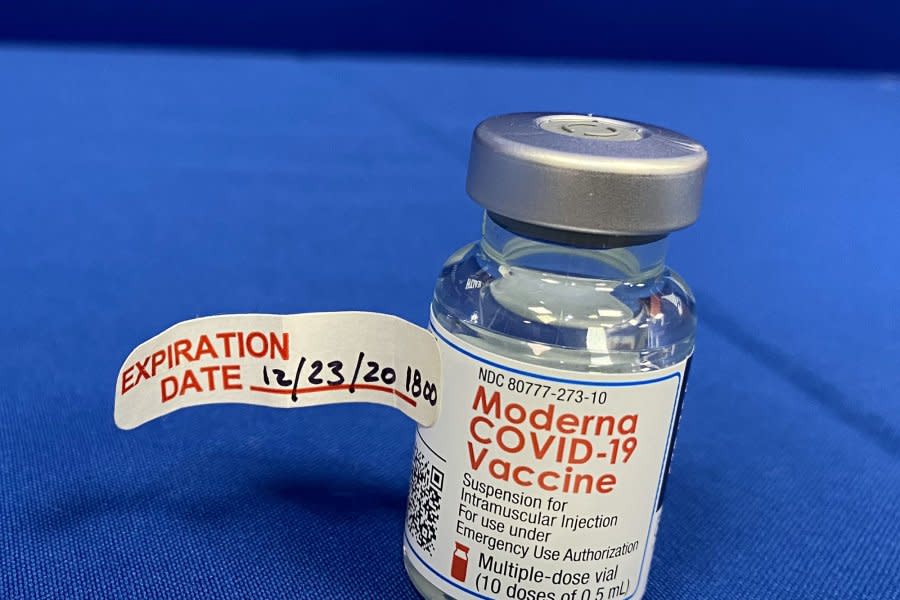Moderna's COVID-19 vaccine proves safest, most effective for older adults, study says

Aug. 2 (UPI) -- In examining real-world data on the long-term health of elderly patients who received the COVID-19 vaccine, researchers at Brown University and Boston-based Hebrew SeniorLife determined that the Moderna variety was the safest and most effective for older adults.
The study, in which scientists examined data from some 6 million patients who were administered coronavirus vaccines, was published Wednesday in the peer-reviewed online journal JAMA Network Open.
The study's investigators conducted the research as part of the IMPACT Collaboratory project that allowed massive monitoring of the long-term safety and effectiveness of the vaccines for Medicare beneficiaries in collaboration with CVS and Walgreens.
The researchers probed data from millions of adults with an average age of 76, who were vaccinated using either the Moderna or Pfizer-BioNTech vaccines.
The researchers found that while the risk of serious adverse events with both vaccines was "very low," the Moderna vaccine saw a 4% lower risk for pulmonary embolism or a sudden blockage of blood vessels.
The Moderna vaccine was also tied to a 15% lower risk of being diagnosed with COVID-19 compared to the Pfizer-BioNTech vaccine.
"Immunization with either mRNA vaccine is substantially better and safer than not being vaccinated at all," study lead author Daniel Harris said.
"But in an ideal world where we can have a choice between which vaccine product is used, we wanted to see whether one vaccine was associated with better performance for older adults and those with increased frailty," added Harris, an epidemiologist and research scientist in the Center for Gerontology and Healthcare Research at the Brown University School of Public Health.
Harris said that up to this point, little in-depth evidence existed about the safety and effectiveness of the COVID-19 vaccines on older adults and individuals with chronic health conditions.
"The results of this study can help public health experts weigh which mRNA vaccine might be preferred for older adults and older subgroups, such as those with increased frailty," Harris said.
Older adults, many of whom chronic health conditions, tend to be excluded from clinical trials or represented in small numbers, which is one of the reasons this study was so critical, he said.
This was important considering that older adults, especially those in nursing homes, had a higher risk of developing severe COVID-19.
He added that older adults with frailty can also have differences in their immune responses to vaccines, making it important to understand how these vaccines work for frail older adults compared to their stronger counterparts.
The study, though, only looked at the first dose of the mRNA vaccines, so further research could include similar comparisons for subsequent vaccinations.
"You can imagine regularly updating these types of analyses as new vaccines are developed," Harris said. "Depending on which one comes out on top, even on a very small scale, that may have big implications at the population level and render a preference for that particular vaccine."

